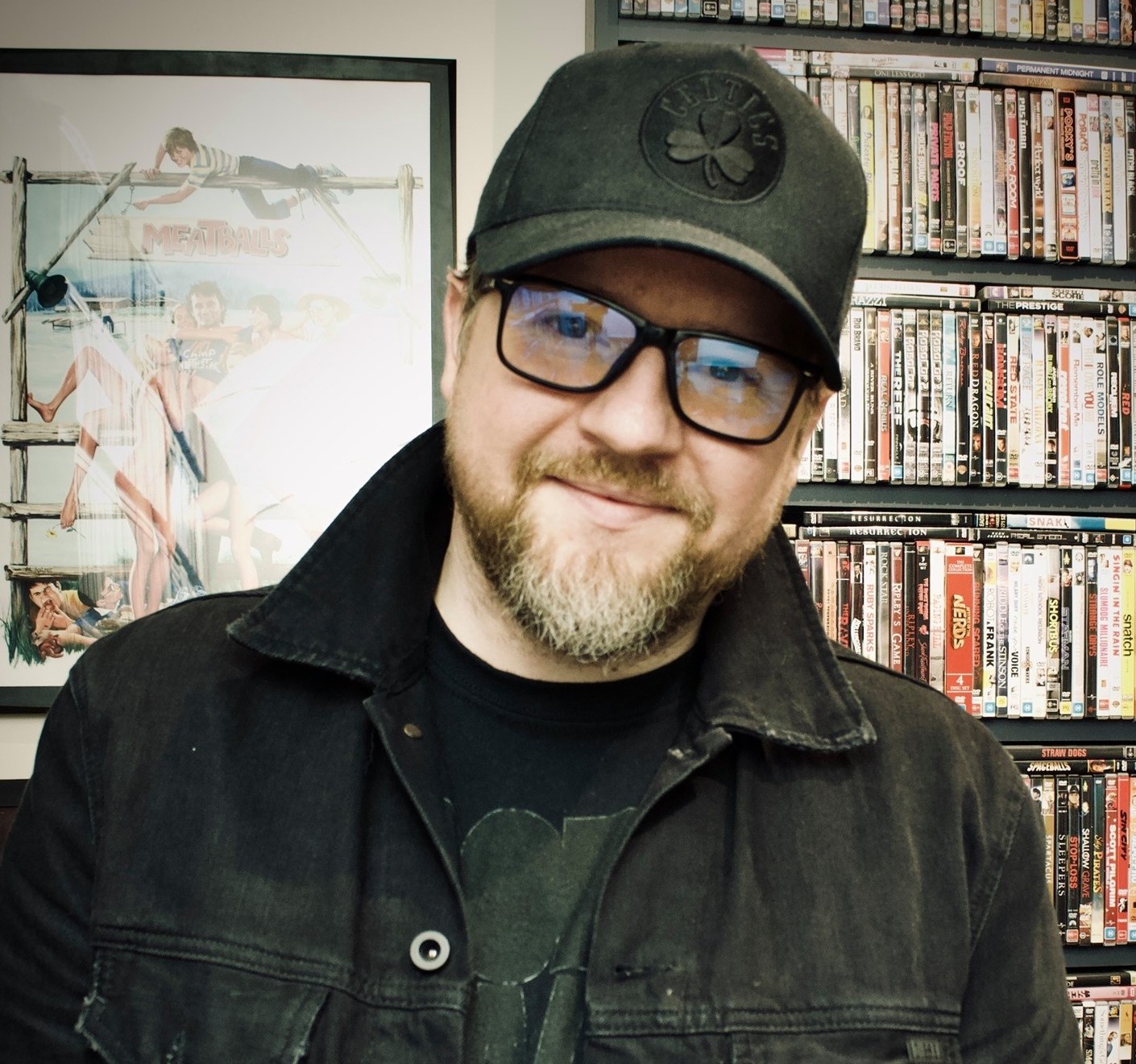
Can’t be bothered reading? We got you. Watch and listen to it…
Or read on…
The release of a new M. Night Shyamalan (The Sixth Sense, Signs, The Village) film has become something of an event. Such is his reputation for mind-bending storytelling that the anticipation of what could be in store is infectious, and even though his track record has delivered more misfires than hits, it appears that we clammer for more, desperate for the next fix.
Old is his latest film, which is perhaps his most aesthetically withdrawn film to date. It’s setting and production design is unlike anything Shyamalan has made, and this alone lends the film a fresh and exciting quality. Those viewers who remain skeptical of his craft may have a sense of renewed confidence that the story being told may, indeed, be something unpredictable.
But alas, Shyamalan’s compulsion for twist-endings continues to be his Achilles heel, and no matter what story he is telling, or how unique the premise may be, that guarantee of a surprise reveal in the final act is to his determent.
The story tells of two families holidaying on a remote island resort, enticed to relax at a secluded beach, away from fellow tourists. It is a pristine oasis, accessible only through a crevice in the jarred cliffs that surround it. Within moments of arriving, it becomes apparent that there is something strange about the location, and when the youngest children appear to be ageing rapidly, they discover that there is something horribly wrong and that time itself has become distorted.


The premise is fascinating enough, albeit very contrived, and given the 108-minute running time, it certainly seems like it may have been better placed as a shorter formatted episode of The Twilight Zone or Black Mirror. Nevertheless, Shyamalan sticks with his premise and exploits the scenario like a dog gnawing at a bone. With the limitations of his one-setting story, he relies on character dynamics and interactions to carry the story though his three acts. Tensions mount and mental states fray as panic sets in, and the stranded families become desperate to escape before death taps them on the shoulder.
The ensemble cast are serviceable, without any standout performance. They include Rufus Sewell, Gael GarcÃa Bernal, Ken Leung, Alex Wolff, Thomasin McKenzie, Vicky Krieps and Abbey Lee Kershaw, who do as best they can with Shyamalan’s sloppy and disjointed script. Curiously, he adapted the story from a graphic novel of the same name, which according to readers, is a lot more ambiguous (and without the twist). And having not read the source material myself, I cannot help but wonder whether the discrepancies in the characters’ ageing processes and their mental maturities are the result of Shyamalan’s eagerness to reach that reveal? His theorem is not well examined.
Putting it bluntly, Old is a struggle. The premise quickly wears thin and the characters are not interesting enough to champion beyond one act. Perhaps there is value in Shyamalan’s trademark twist ending, and I admit that I did not see it coming, but was the journey worth the payoff? I guess that’s a matter of opinion, and while I do commend the reveal (again, albeit totally derivative), I cannot say that I enjoyed where I was taken in order to get there.















